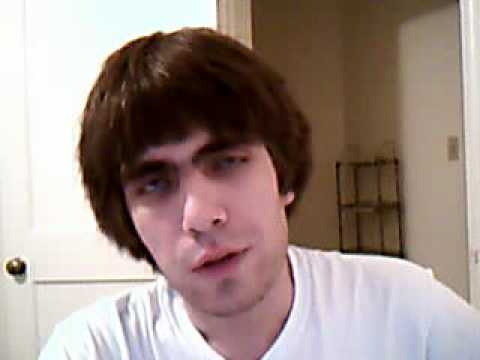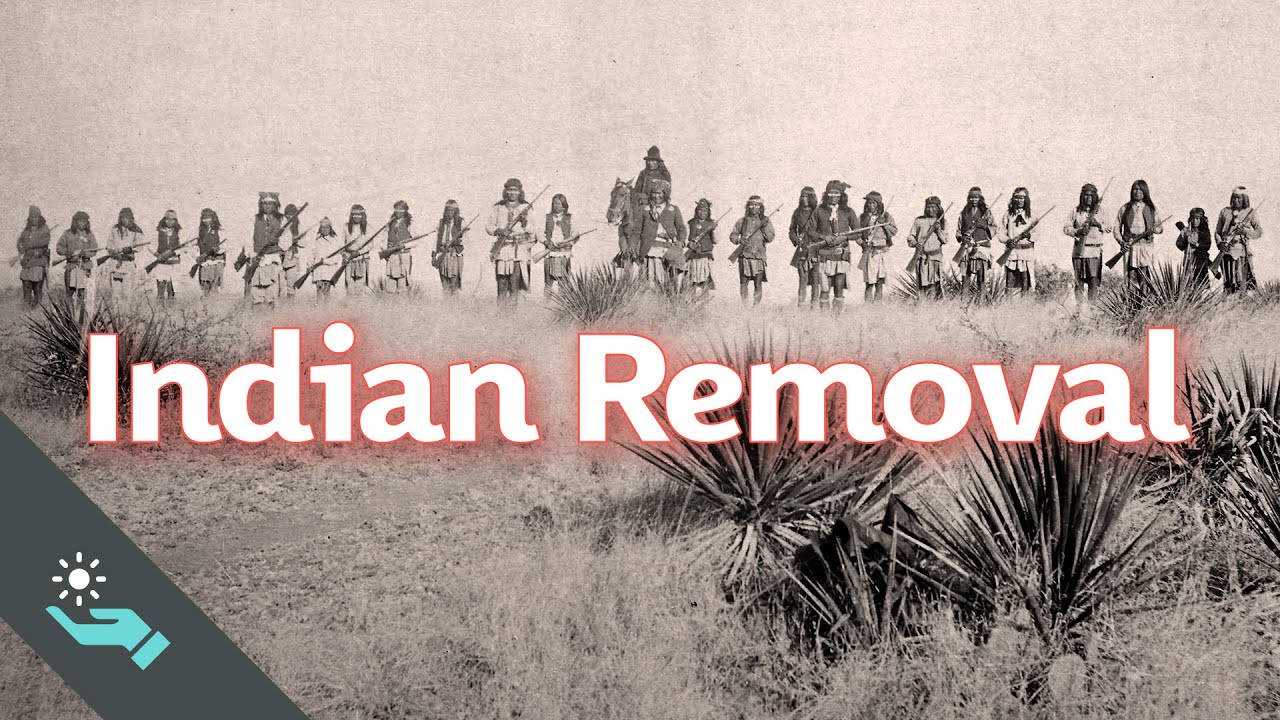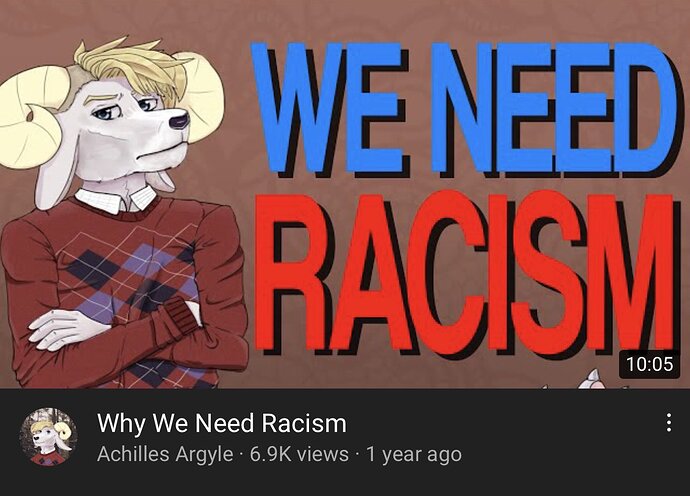At Wisdom's Limit
In recent years, I have written several times that I am slowly moving away from the "philosophical" focus which I developed around the year 2007. Where philosophy was once my main focus in life, I have come to realize the limits of wisdom and the love of it. I have touched on these limits several times in previous posts, but because the limits of wisdom--especially human wisdom--have a few facets, I thought that it might be useful to summarize the main reasons why wisdom can only carry us so far in life. Essentially, I consider there to be 3 main reasons why the study of "Philosophy", and indeed intellectualism in general, has limited use for human beings:
1. Wisdom is situational, and thus limited in its scope.
I have used the allegory of the empty universe so many times that it must surely be getting tiresome for my regular readers (if indeed I have any such), but I really do think that this allegory is so useful and important for our understanding of the nature of wisdom that I feel the need to invoke it again. Imagine a completely empty universe, devoid of anything at all. Suppose that you lived in this universe as an intelligent, perceptive, sentient awareness: An awareness with no physical body, and thus no physical sensations of any kind, and yet with the facility to have thoughts and reason intelligently. Imagine that you were immortal, that you could live in this emptiness forever, with no threat of death or any kind of disability. You would have all of eternity to develop your thinking and your thoughts as much as you like. What thoughts would such an intelligent awareness develop in this empty universe with nothing to see, nothing to hear, indeed nothing to perceive or experience at all? I think it is pretty clear that the whole notion of "ideas" or "thoughts" in such an existence would be meaningless. Thoughts must be about something, and if there is nothing, then there is nothing to think about. Without a physical body to feel anything, this awareness could not even feel or otherwise perceive emotions. With no physical reality and no personal emotions, any ideas which such an awareness might develop would by hopelessly abstract, with no bearing or relation to anything whatsoever. Literally any idea which might form within such an awareness would necessarily be gibberish, because it would have no relation to any objective reality or truth.
This means that wisdom is situational: There is a certain notion of "universal wisdom" which applies in any situation, but such wisdom does not actually exist, because any meaningful ideas which can exist can only apply to some concrete, existing reality. So "wisdom" is not really something abstract or detached from reality; it is something which relates to our physical reality. In this sense, practical wisdom is not much different from the down-home, folksy kind of folk-wisdom which develops in small towns: Be nice to people, play fair, stay healthy, and don't take anything which isn't yours and which you haven't earned. You could expand upon this kind of wisdom to some degree, leading to lists of life advice like H. Jackson Brown Jr.'s popular 1991 booklet Life's Little Instruction Book (which had a sequel, Volume 2, in 1994), or the similar and contemporaneous books by Robert Fulghum (who describes himself as a philosopher), but such writing tends to go in circles and thus end up back where it started, focusing on what was once called "traditional values" relating to "wholesome" things like family and personal health. When most people describe "Philosophy" as an academic study, they typically mean something more abstract and intellectual, but it all really comes back to the same conclusion: We're just trying to understand why we're here. And it seems like the only reason we're here is to try to live well. There isn't a whole lot more to it than that. Any wisdom which we might acquire on life's journey only seems to exist to help us live better; it is necessarily practical in scope, because it needs to be something which we can apply toward the goal of living better, whatever "better" might mean.
Of course, it is possible to theorize and speculate about things that might be, but this is the realm of science fiction, or what has more recently come to be known as "speculative fiction", because it is based mostly on speculation: People imagine what life on other planets might be like, they imagine other universes or other realities than the one known to humans on Earth, and while it may be enjoyable to speculate and fantasize about other worlds and other lives, none of this has anything to do with reality; it exists entirely in people's imaginations, and thus is about as useful as any other fantasy writing. When I was a child, I also sometimes read fantasy novels about elves and dragons, but such reading was and remains of nearly zero practical use to me; it was something done as a naïve child to pass the time. I have forgotten most of the books that I read from that time, which leads me to the next reason why human study and intellectualism in general are destined to fail:
2. Human memory is limited.
One of the biggest limiting factors in any kind of human study is the fundamentally temporary nature of human memory. Anything which human beings learn, they tend to slowly forget with time if that knowledge is not constantly reinforced. Children may retain much of what they learn because they have had relatively few years in which to forget, but I am 40 years old now, and I have already forgotten most of what I read 20 years ago. I remember a few highlights, but the details are nearly lost to me. When human memory is so fleeting, it seems rather pointless to keep trying to fill it; it is like filling a bucket with holes in it. Whatever you put in will leak out with time anyway. This is one of the reasons why I don't read much anymore: I have already forgotten most of what I've read in the past, and I don't see much point in putting a lot more into a place where it's just going to disappear anyway.
A lot of what people perceive as "wisdom" is simply having read a lot. Well-read people are often able to quote from literature or poetry in some contextually-meaningful way, and the ability to spontaneously provide pithy and relevant quotes from old writings is nice as a way to impress people (what I call "party-trick wisdom", because it exists mostly for the purpose of impressing other people rather than expressing any revelatory truths), but it serves no greater purpose than making a person seem knowledgeable, and this is the definition of pseudo-intellectualism: Spouting a lot of fancy-sounding words for the sake of getting people to think that you're smart and educated. You can do that if you like, and it's fun for a while, but it isn't anything that will really bring much benefit to your life, and if human beings are to expand beyond our current knowledge which we've gathered of the world, we must expand significantly beyond what we can memorize using our own natural human memories.
This is one of the reasons why I support further research and development in the field of computer-based artificial intelligence. If humanity is to advance in knowledge beyond where it stands now, this can only be done with computers, which can gather information much more quickly than human beings, and also retain that information for much longer. As mentioned in the previous point, wisdom, in and of itself, is very limited in its scope and application, and what knowledge people can really benefit from must go beyond "wisdom" and enter into more practical realms of science, both the physical sciences and the "social sciences". Humanity today possesses knowledge much, much greater than what any human being could ever store in their head, and such information can only be meaningfully processed and understood by computers, information machines with vastly superhuman capacities for information storage and processing. This leads me to the final reason why wisdom is limited in how much understanding it can actually bring to human beings:
3. Wisdom is reductive, not constructive.
If you added up most of the really wise things which human beings have said throughout history, I think you would find that most statements of wisdom are negative rather than positive. What I mean by this is that most practical wisdom seems to exist as warnings against doing something foolish rather than encouragement to do something wise. For example, it is wise to understand how much of what human beings do is pointless, wasteful pleasure-seeking: The alcohol, cigarettes, and other substances which people love to consume, the music and dancing which people love to take part in, and the interminable, pointless conversations about nothing which are called "small-talk" all exist to allow people to revel in a stupid hedonism, and wisdom would tell us that there is no point to this and that human beings would do better to avoid it. If you continue that line of reasoning, it also becomes apparent that most of what human beings do in terms of entertainment, such as watching movies or television, and even most of the books they read, is also a waste of time, as it brings them no greater understanding and is done only because they are bored and can't think of anything better to do. If you continue this thinking still further, you don't have that far to go before it becomes apparent that even being alive is a waste of time, and that people can cease doing this as well, because let's be honest, what practical purpose do our lives serve? What do we think we're really living for? We know that we're all going to die in the end anyway, and that in a few billion years, the universe will run out of energy and all activity will cease forever, so if you take the long view (which philosophy has a natural tendency to do, since philosophy is the act of making universal generalizations), we can't escape the conclusion that everything is pointless and a senseless waste of time and other resources.
All of this is true, or at least, humans don't have any way of refuting it. And yet we are alive, and if we have our lives, there is the sense that we should try to do something with this life that has been given to us rather than just throwing it away. And so there needs to be work toward building something with our lives, building meaning which gives us a reason to get up in the morning and keep doing what we're doing with our lives. Wisdom does not and cannot give us this meaning, because wisdom is reductive, not constructive: Wisdom destroys meaning by observing how pointless, baseless, and unreliable everyone and everything is. In order to have any meaning in our lives at all, we must allow ourselves to be a little irrational, a little unbalanced, and a little emotional rather than remaining entirely rational and objective. And when we do that, when we knowingly allow ourselves to be biased, when we discard reason and objective logic, then we're stepping away from wisdom and venturing into the realm of hedonism, pursuing that which makes us feel good instead of that which is demonstrably true. And we do this because we must, because if we didn't, we would have no reason to be alive at all.
Philosophy is good for recognizing lies and misconceptions, which is sometimes important to do, because human beings tend to be full of unexamined assumptions, things which they think or believe which are demonstrably false. With objective thinking, you can tear your life all the way down to nothing and see how baseless and meaningless everything is. But after you've done this, after you've discarded all the unnecessary deadweight from your life, you need to add something to your life: You need to fill your life with what is really meaningful for you, because if you don't do this, then you will just be an empty shell, a person with no reason to live. Philosophy cannot give you that reason; only pursuing your passions can give you that reason. When you've eliminated all the lies from your life, when you've seen through everything which you once falsely believed to be true, then you are at wisdom's limit, and you must begin to build your life back up again, not with wisdom, but with love. When you understand what you live for, what really motivates you and gives you reason, then never forget it, because it will be what keeps you going. Wisdom sets you free, but passion makes you strong.

![CKay - Love Nwantiti Remix ft. Joeboy & Kuami Eugene [Ah Ah Ah] [Official Music Video]](https://namafia.com/uploads/default/original/3X/f/f/ff9317d0d79cc579e4162a4a14a3d8225670761b.jpeg)



